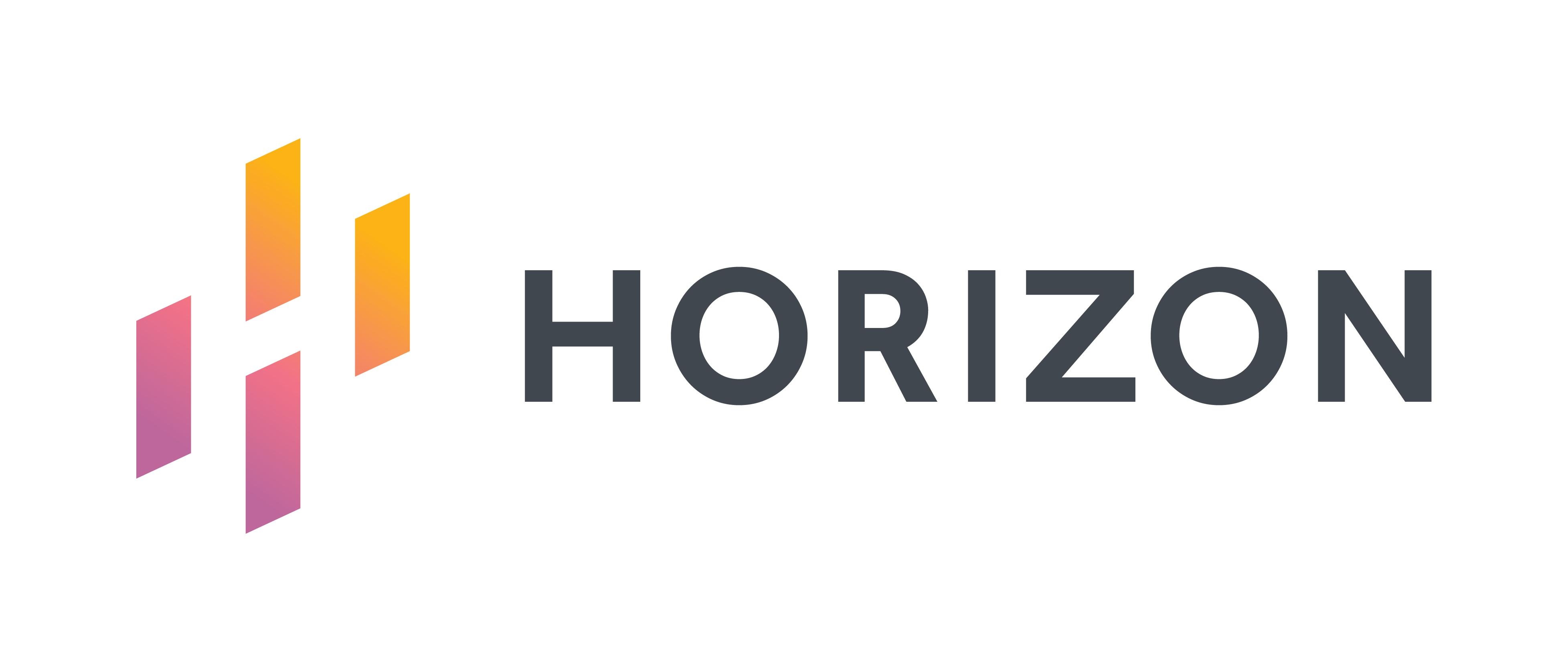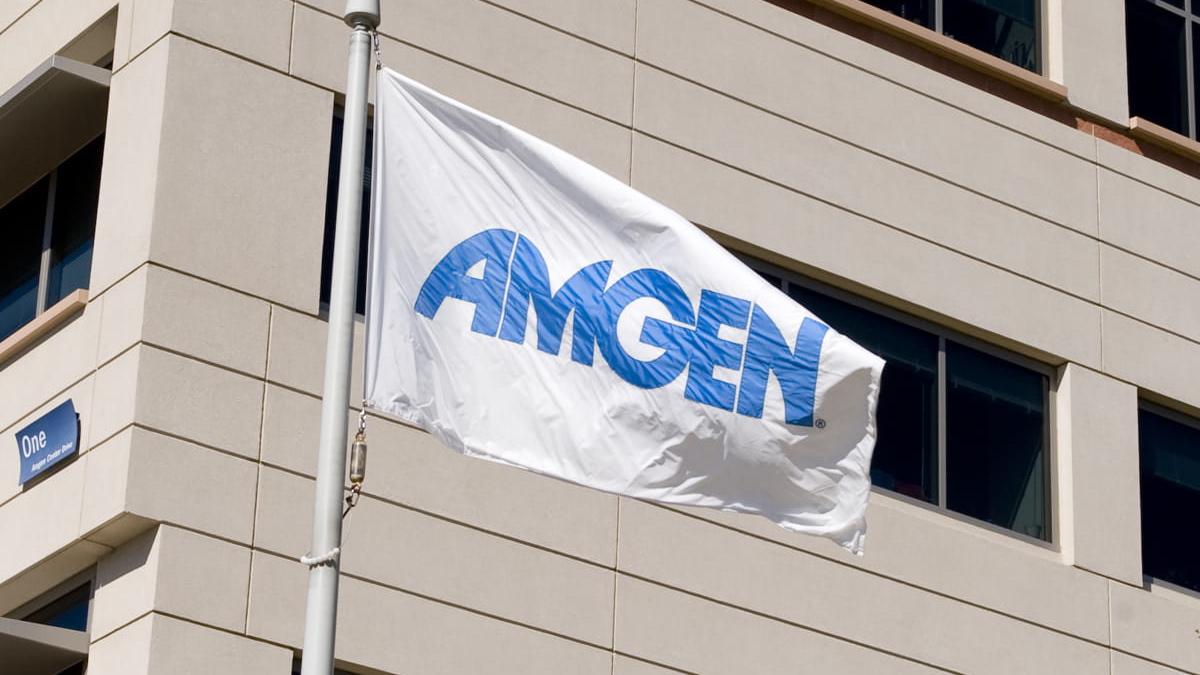Positive new phase 3 MRI data from UPLIZNA trial for NMOSD

Horizon Therapeutics Plc presented positive new MRI data from the phase 3 clinical trial of UPLIZNA (inebilizumab) at the 9th Congress of the European Academy of Neurology (EAN) in Budapest, showing a reduction in the formation of subclinical (asymptomatic) transverse myelitis lesions in people with neuromyelitis optica spectrum disorder (NMOSD), a rare and debilitating disease of the central nervous system.
The N-MOmentum pivotal trial (NCT02200770) is the largest phase 3 clinical trial in NMOSD and the only phase 3 trial that collected MRI data, which was incorporated into its attack adjudication criteria. The new post-hoc analysis of MRI findings demonstrated that subclinical spinal cord lesions were associated with future NMOSD attacks, as well.
UPLIZNA is the first and only targeted CD19+ B-cell-depleting therapy that is approved by the US FDA, the European Commission, and the Brazilian Health Regulatory Agency (ANVISA) for the treatment of NMOSD in adults who are anti-aqauporin-4 immunoglobulin G seropositive (AQP4-IgG+).
NMOSD is a unifying term for neuromyelitis optica (NMO) and related syndromes. NMOSD is a rare, severe, relapsing, neuroinflammatory autoimmune disease that attacks the optic nerve, spinal cord, brain, and brain stem. Approximately 80% of all patients with NMOSD test positive for anti-AQP4 antibodies.
During the phase 3 trial, MRI imaging was conducted on the spinal cord, optic nerve, and brain/brain stem to quantify the frequency, prognosis, and response to treatment with UPLIZNA of subclinical lesions.
Of the 134 pivotal trial participants with full neuroaxis MRI and no new NMOSD symptoms at the end of the 28-week randomised control period (RCP), 20 (15%) were found to have asymptomatic MRI lesions on the spinal cord – these were shorter than attack-associated lesions and, importantly, were less frequent among those receiving UPLIZNA.
Indeed, subsequent MRI findings showed a decrease in these lesions as treatment with UPLIZNA continued.
Friedemann Paul, study author and group leader of the Clinical Neuroimmunology Department of NeuroCure Clinical Research Centre at the Charité, Berlin, said: “It is encouraging to see that UPLIZNA reduced the formation of these lesions. Future studies evaluating subclinical findings will help offer additional clarity on their relationship with disease activity.”
Dr Kristina Patterson, senior medical director of neuroimmunology medical affairs at Horizon – with whom pharmaphorum spoke in January this year – explained: “Attack prevention is a priority in managing NMOSD, as just one attack can lead to life-altering vision loss and mobility challenges.”
NMOSD occurs more commonly in women and may be more common in individuals of African and Asian descent.
Amgen takeover
Meanwhile, as of last month, Amgen was still struggling to push through an acquisition of Horizon Therapeutics in the face of pushback from the Federal Trade Commission (FTC), which had viewed it as a way to help plug a looming revenue gap.
In May, rumours that the US financial regulator was planning to block Amgen’s $28 billion takeover of Horizon Therapeutics had turned out to be true, the FTC filing a lawsuit to try to stop the deal from taking place, as it would "enable Amgen to stifle competition for thyroid eye disease (TED) and chronic refractory gout treatments."













